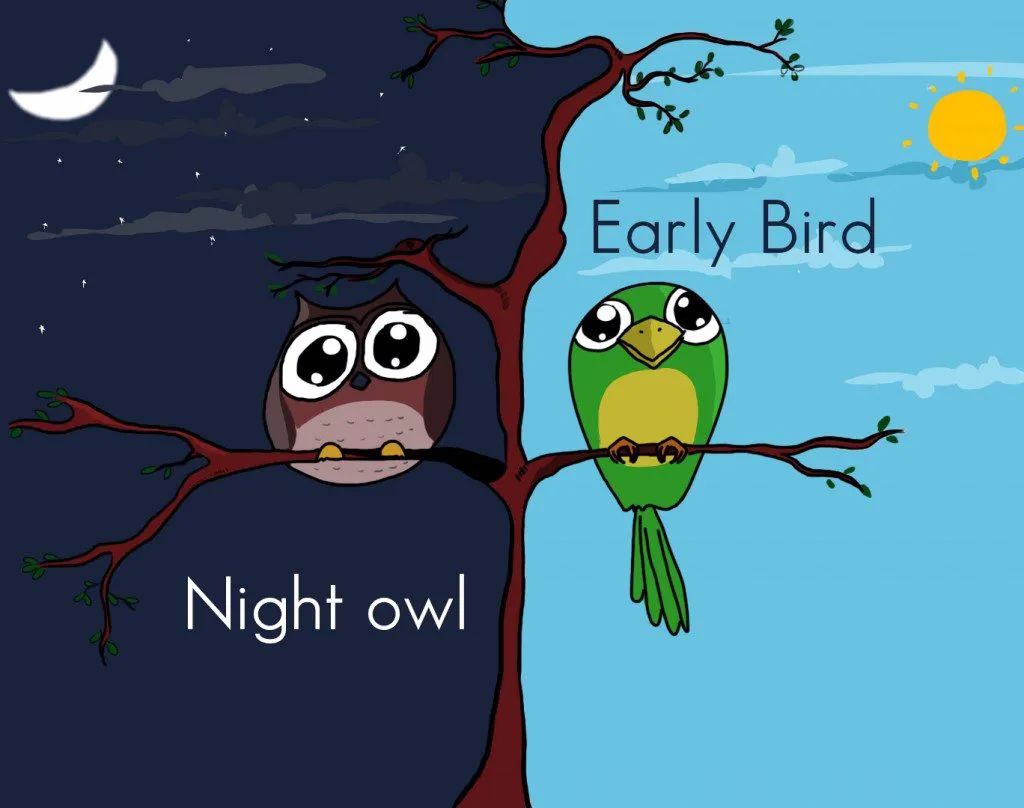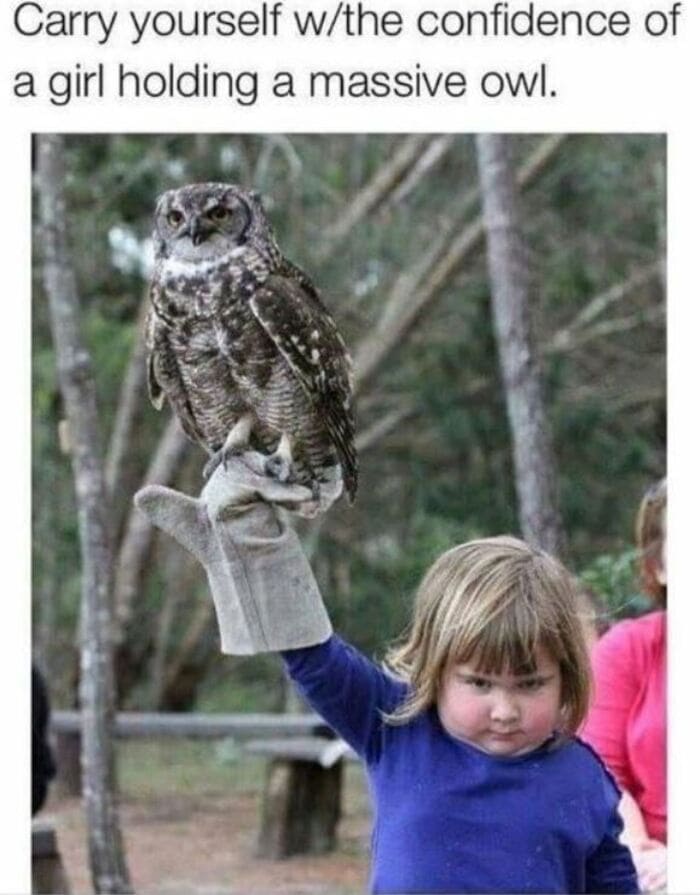

At night, the reverse happens: one system is telling them to sleep and another is telling them to remain awake. But, because of their chronotypes, they don’t have much energy and they want to go back to sleep. When the sun comes up, the light resets their circadian clocks, telling them to wake up. For night owls, however, things get complicated. Their internal clocks are pretty well synchronized with their over-all energy levels. In morning people, sleep drive and chronotype tend to be aligned.

The longer we are awake, irrespective of where we are in our established circadian rhythms, the more fatigue exerts its pressure on us. There is also what is known as homeostatic sleep drive. A quicker alternative is the Horne-Ostberg questionnaire, which presents various scenarios-a difficult exam, twice-weekly exercise with a friend-and determines your chronotype on the basis of what time of day you’d feel most up to confronting them.Ĭhronotype, of course, doesn’t control wakefulness all on its own. Figuring out where you fall is simple: spend a few weeks going to bed when you feel tired and waking up without an alarm clock. Children and older adults generally prefer mornings adolescents and young adults prefer evenings. Chronotypes are relatively stable, though they have been known to shift with age. This internal clock determines what is called our chronotype-whether we are morning people, night people, or somewhere in between.

The rhythms are slightly different for every person, which is why our energy levels ebb and flow in ways that are unique to us. Our sleep patterns are governed by circadian rhythms, our bodies’ response to changes in light and dark in a typical day. Were people like her-principled late risers-the exception to the rule? To test the limits of Kouchaki and Smith’s findings, Sah and her colleagues began by looking at the underlying biology. But she wondered how strong the effect really was. A former physician, she found it plausible that something with such profound health consequences as time of day might also have a moral dimension. “You always hear these sweeping statements: morning is saintly, evening is bad early to bed, early to rise,” she told me recently. For the previous five years, Sah had been studying how different situations influence ethical behavior. Their research caught the attention of Sunita Sah, a behavioral scientist at Georgetown University and a professed night owl. In last January’s issue of Psychological Science, Maryam Kouchaki and Isaac Smith took that theory even further, proposing what they called the morning morality effect, which posits that people behave better earlier in the day. You should do the most important thing first, the theory goes, because, well, you won’t be able to do it quite as well later on. And there may be some truth to the idea: a 1998 study in the Journal of Personality and Social Psychology suggests that we become more passive as the day wears on. The idea of the virtuous early bird goes back at least to Aristotle, who wrote, in his Economics, that “Rising before daylight is … to be commended it is a healthy habit.” Benjamin Franklin, of course, framed the same sentiment in catchier terms: “Early to Bed, and early to rise, makes a Man healthy, wealthy and wise.” More recently, there has been a push for ever earlier work starts, conference calls, and breakfast meetings, and a steady stream of advice to leave Twitter and Facebook to the afternoon and spend the morning getting real things done.


 0 kommentar(er)
0 kommentar(er)
